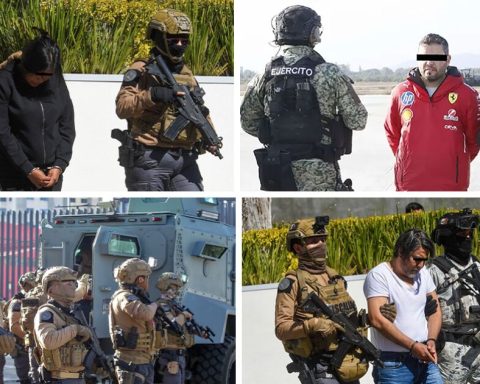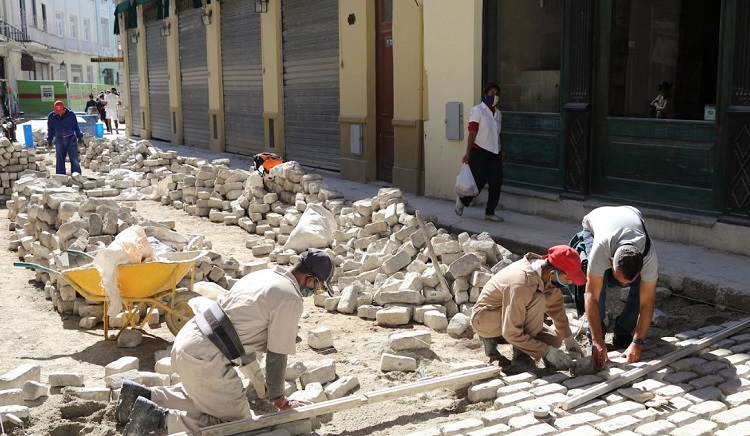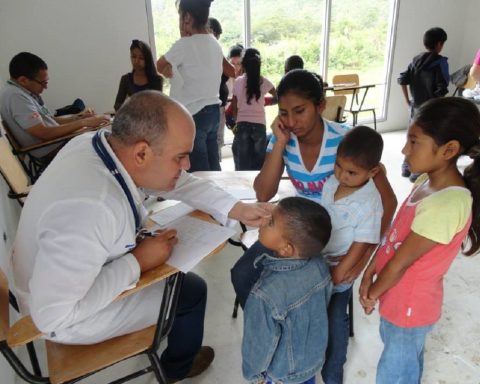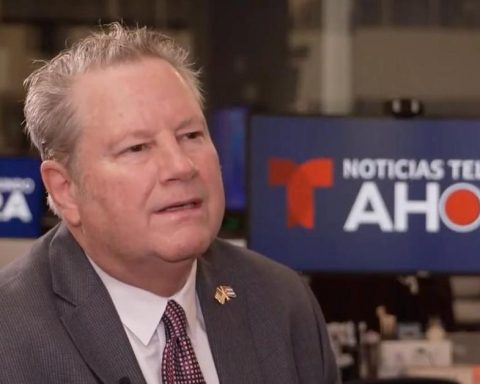Jared Laureles, Victor Camacho and Fabiola Martinez
Newspaper La Jornada
Saturday October 22, 2022, p. 7
The extraordinary wave of people from Venezuela has saturated the capacity of the shelters, while the Mexican government assured that it will provide humanitarian assistance to those who are in different border cities.
Hundreds of Venezuelans without resources are stranded in Mexico City, most of them expelled from the United States, a country that since October 12 set new asylum criteria.
Mexico is a funnel because Washington decided that it will only accept the cases of people from that country who arrive by air, so there are already different places where homeless people, food, clothing or medicine gather.
At the Central de Autobuses del Norte, Milka Peña, a resident of Mexico for five years, decided to help her countrymen. She relates that a few days ago she brought 150 cakes and they were insufficient, so today she prepared, with the support of other people, 230.
Lorena Guzmán, regional coordinator for migration and internal displacement issues of the International Committee of the Red Cross, went to help people affected by the new migration policies, mainly to provide basic support in terms of health and alternatives in Mexico.
The National Migration Institute pointed out that the government facilities to house them, in this case belonging to the Ministry of Labor, are open sites. They are open doors and they will provide food, medical care, toilets, drinking water and showers, among other services.
.
Yesterday a solution was sought for the migrants in San Pedro Tepanatepec, Oaxaca, who have arrived in that community in recent weeks, as well as in Tapachula and Ciudad Hidalgo, in addition to Ciudad Juárez, Chihuahua; Tijuana, Baja California, and Matamoros, Tamaulipas.
Regarding the work of civil groups, the day found that in the Shelter and Training House for Migrant Women and Families in Mexico City, with a maximum capacity of 100 people, 538 were served yesterday, including children, adolescents and women in vulnerable situations. They are Venezuelans who had already arrived in the United States, where they were detained and then expelled.
“Every day about 30 people arrive, it is the flow that we are receiving. They arrive between 7 and 11 at night saying they haven’t eaten and they tell us ‘they won’t have a shirt, now to take this off,’” says María Magdalena Silva Rentería, founder of the shelter, one of the largest for migrant families.
Some seek to stay at least for a while here and, for that, the way is the request for refuge.
The network of shelters, some religious, others from civil society, are in the same situation and have doubled their offer.
Casa Tochán, with a capacity of 30 to 35 people, is exceeded with 70; in the Archdiocese there are also more than 70 and it has the capacity to accommodate 30, the same happens in Casa Fuentes, Casa Peña and Casa Constitución, which are small places with the capacity to accommodate 20 to 30 migrants.
For Silva Rentería there is an intention to make the situation invisible by the migration authorities and the government, which are based on lower official figures to make decisions, he told the press. There are also people with respiratory diseases and who do not receive medical attention.














